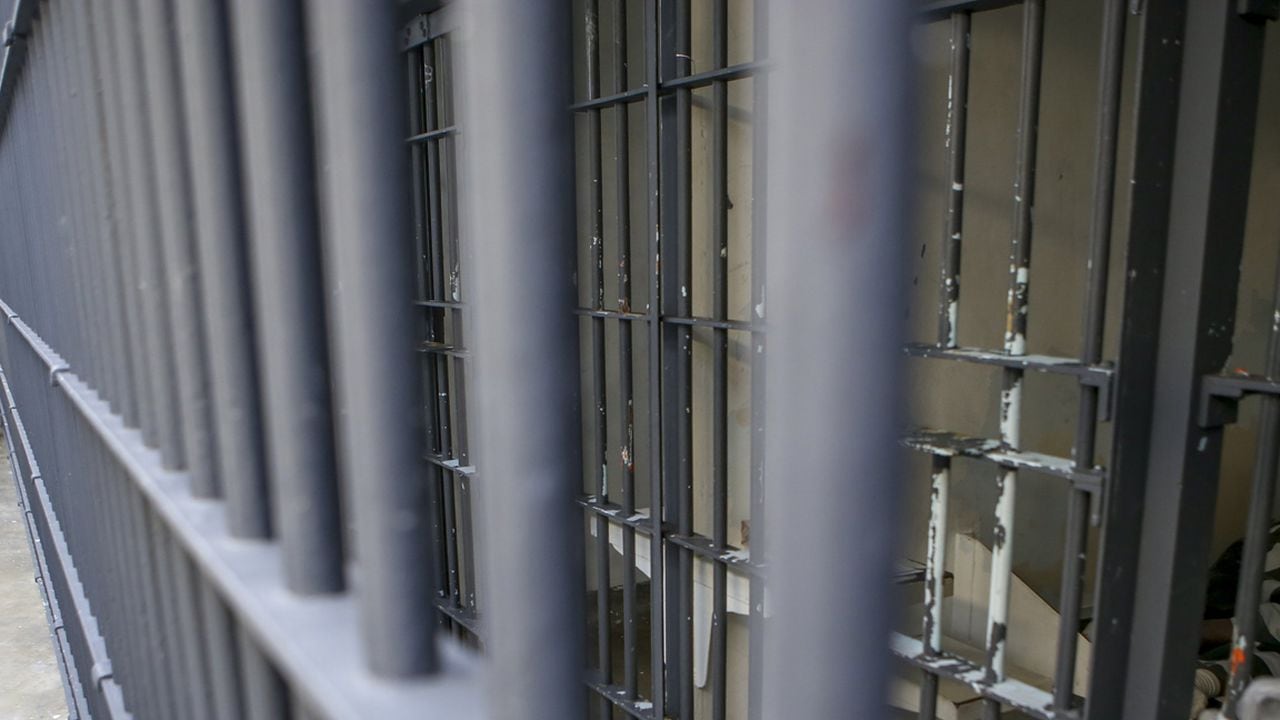Man charged with sexual battery of Florida girl faces death penalty under new law
A man officials say is in the country illegally is charged with the sexual battery of a young Florida girl for the past two years and, if convicted, could be executed under a new state law.
The Okaloosa County (Fla.) Sheriff’s Office said the now-13-year-old victim said on Christmas Day that 36-year-old Esau Matul Hernandez of Fort Walton Beach had been sexually abusing her since she was 11.
The sheriff’s office immediately launched an investigation and, two days later, a forensic interview of the girl was conducted at the Emerald Coast Children’s Advocacy Center. Child Protective Team investigators said the girl provided consistent information during the interview.
The interview was determined as probable cause to levy a charge against Hernandez of sexual battery of a victim under the age of 12.
Law enforcement was waiting at Hernandez’ residence when he arrived home on Dec. 28 and he was taken into custody without incident, although he attempted to provide investigators with an alias.
Once his identity was confirmed, it was determined Hernandez was in the U.S. illegally. Records indicate Hernandez had been deported from the U.S. in September 2020 and there was no record of his returning legally.
Hernandez is currently being held without bond in the Okaloosa County Jail.
If convicted of the sexual battery charge, he faces up to life in prison — or the death penalty if recommended by an 8-4 vote of the jury under a new law signed by Florida Gov. Ron DeSantis in April which went into effect Oct. 1.
The U.S. Supreme Court ruled in 1977 the death penalty could not be applied to rape cases because it violated the U.S. Constitution’s Eighth Amendment ban on cruel and unusual punishment. In 2008, the high court reaffirmed that position in the case of Kennedy v. Louisiana, saying the death penalty could not be applied when the crime did not result in the death of the victim.
Nevertheless, the Florida Legislature passed the bill allowing the death penalty in child sexual battery cases, stating in that previous Supreme Court decisions were “wrongly decided and an egregious infringement of the states’ power to punish the most heinous of crimes,” according to the Orlando Sentinel.
In December, the Florida State Attorney’s Office announced it would apply the new law for the first time and seek the death penalty against Joseph Andrew Giampa of Leesburg, Fla., who is charged with six counts of sexual battery of a child under 12 and three counts of promoting a sexual performance by a child.
